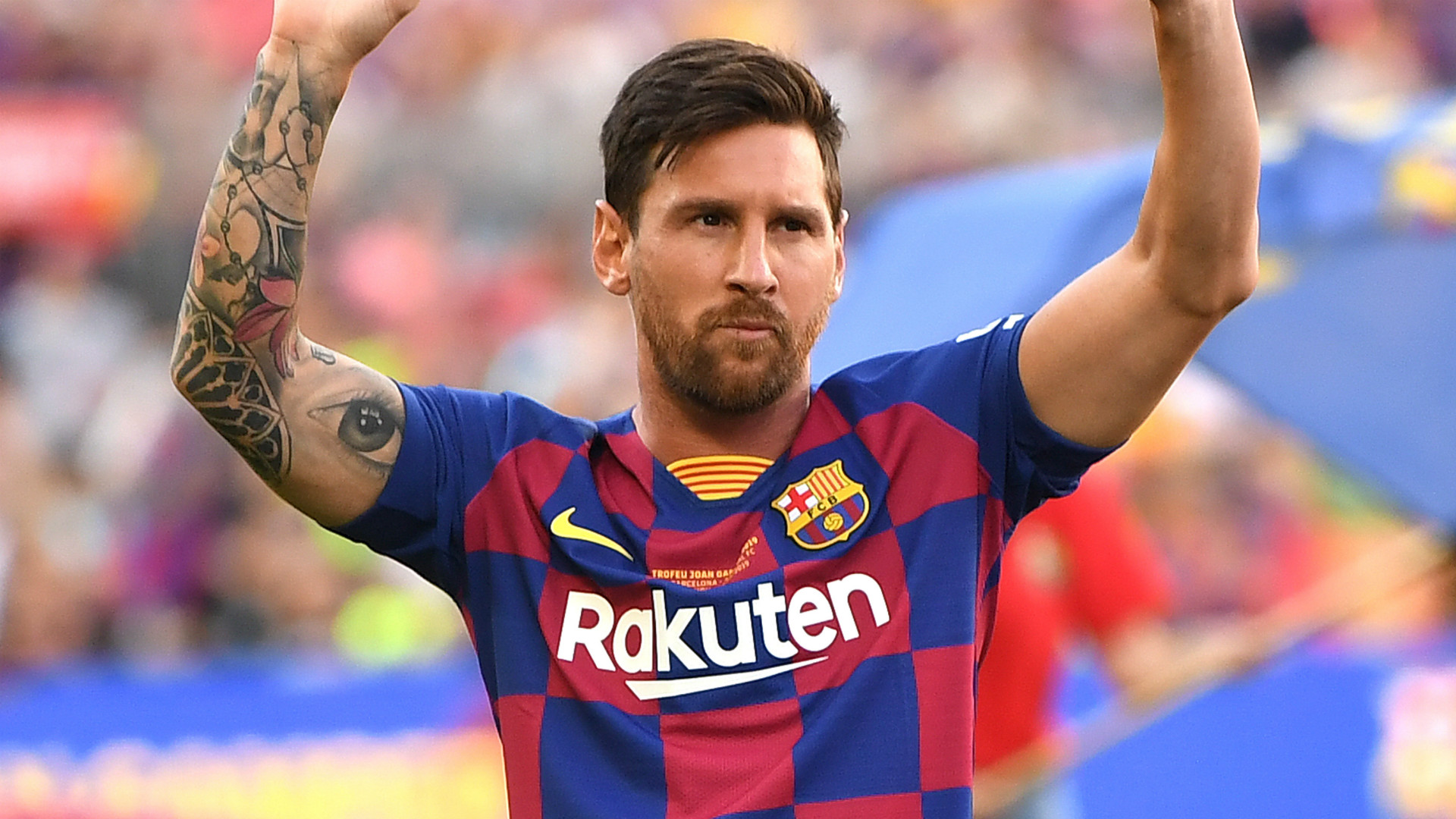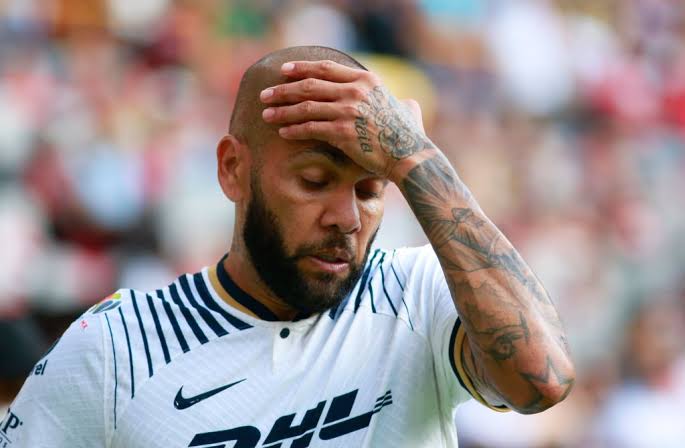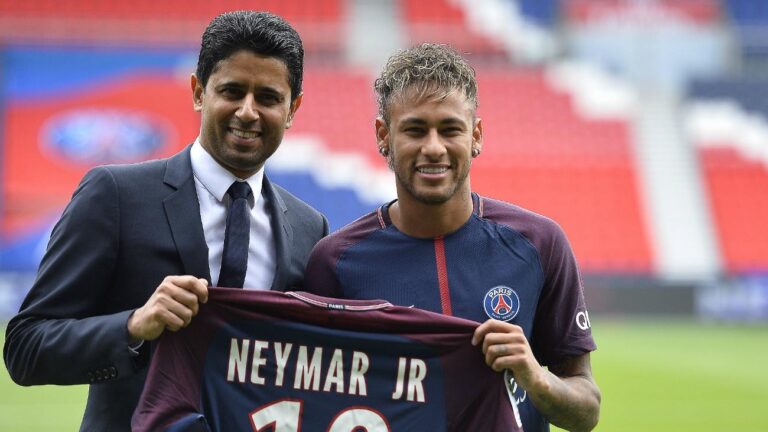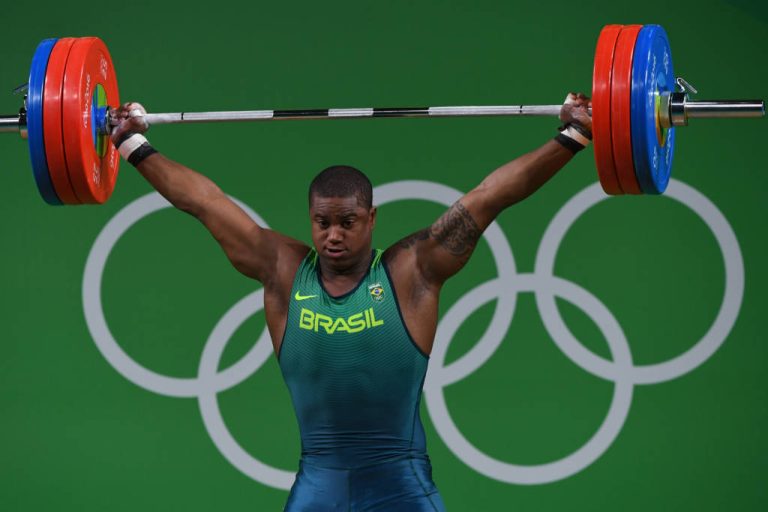Why did Lionel Messi leave Barcelona?
One of the biggest movements in the market in recent times, without a doubt, was the exit of Lionel Messi from Barcelona to Paris Saint-Germain.
In addition to ending an era for the Argentine at the Catalan club, his departure generated a huge blow due to the fact that, in theory, there was a sealed agreement between the two parties.
So, even though Messi had made an agreement with Barça, he ended up leaving Spain for France, to be a teammate of Neymar and Mbappé, and try to lead PSG to their dream Champions League title.
But after all, why Lionel Messi Did you leave Barcelona after having, theoretically, reached a general agreement to continue playing at the Camp Nou, even with a cut in your salary?
Here we will detail the reasons why the Argentine ended up changing leagues and ways.
Follow along!
Reasons that led Messi to leave Barça
In the midst of the discussion about why the Argentine left the Catalan team, there are two that need to be considered.
The first of them is that the player's contract with the club had expired, therefore, he was without a club at the moment and, therefore, Barcelona would need to sign him again and not just renew his contract.
Due to this, the player's contract should frame his salary within a financial average that is stipulated directly by the Spanish league itself, which manages La Liga.
This financial average aims to maintain a Financial Fair Play mechanism, which would not happen in the case of a new contract between Messi and Barcelona, directly harming this point of the Spanish football league.
Why would a new Messi contract violate Financial Fair Play for Barça?
Messi's departure from the club that revealed him to football and in which he made history in the world of football left many Catalan fans angry, but there is a force majeure reason behind the end of the story between the two parties.
This movement in the last window of the European market, which ended the Argentine's 15-year history at Barcelona, has to do with money.
The two parties managed to reach a salary agreement in July 2021, which, in theory, would help keep the Argentine star wearing the team's number 10 shirt.
However, even with this issue of salary reduction, it was not possible for Barcelona to maintain its commitment to the player due to Financial Fair Play.
The spending cap rule is implemented directly by the Spanish league, La Liga, which is responsible for managing the 1st division of Spanish football.
Under this rule, none of the clubs participating in La Liga are allowed to spend more than what was raised last season.
This means that for the 2021-2022 season, Barça could not spend more than what the club raised in the 2020-2021 season, which was extremely affected by the pandemic.
The Spanish team was unable to perform many times, much less obtain a huge cash fund from other activities, so Barcelona's available spending limit ended up being halved.
The expenses that the club could incur this season ranged from over 600 million euros, around R$ 3.5 billion, to around 347 million euros, just over 2.1 billion reais.
As a result, it became difficult for the team to keep the Argentine in the squad without violating Spain's fundamental financial aspect.
Financial Fair Play in Spain
La Liga's Financial Fair Play rule has, as its first objective, to prevent a very large financial imbalance between the teams in the Spanish championship.
So, theoretically, one force would not be much superior to the other, although, clearly, Barcelona and Real Madrid are far above their rivals, just look at who has been the champion in recent years.
The second objective, and certainly the main one, would be to prevent a practice that is quite common within European football from occurring.
This practice involves clubs being acquired by billionaire owners and, thus, a large amount of money being used to invest in stellar athletes.
Due to the existence of this rule, clubs like PSG and City, if they played in La Liga, would not be able to buy top players to fill their teams and spend billions of euros.
Therefore, the calculation made to stipulate the spending limit for each team in La Liga is based on the revenue that the team had in the previous season.
As a result, it is not possible for a billionaire to buy a club and make a large financial injection, which has happened a lot in other leagues, such as the Italian and English, mainly.
Even though Messi accepted a large reduction in his annual salary, almost half of it, this was not enough for Barça to be able to accommodate the transaction within La Liga rules.
There was an attempt by the Argentine and the club to agree on a contract lasting just two years and with payment diluted over the next 5 years.
Despite this, La Liga did not accept the agreement and the number 10 had to leave the club for Paris.
In fact, PSG, with the signing of Messi, may have breached UEFA's financial ceiling, which still leads to discussions in Europe.
Conclusion
As you saw, many people were taken by surprise, why not say most of them, with Messi's departure from Barça to PSG in the middle of last year, and there were those who didn't understand what happened.
In this text, you were able to understand the reasons why the Argentine had to leave the Catalan club, due to the Financial Fair Play rules imposed by La Liga for all teams that play in the Spanish 1st division.
Did you like today's article on Why Lionel Messi left Barcelona?







